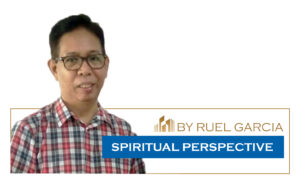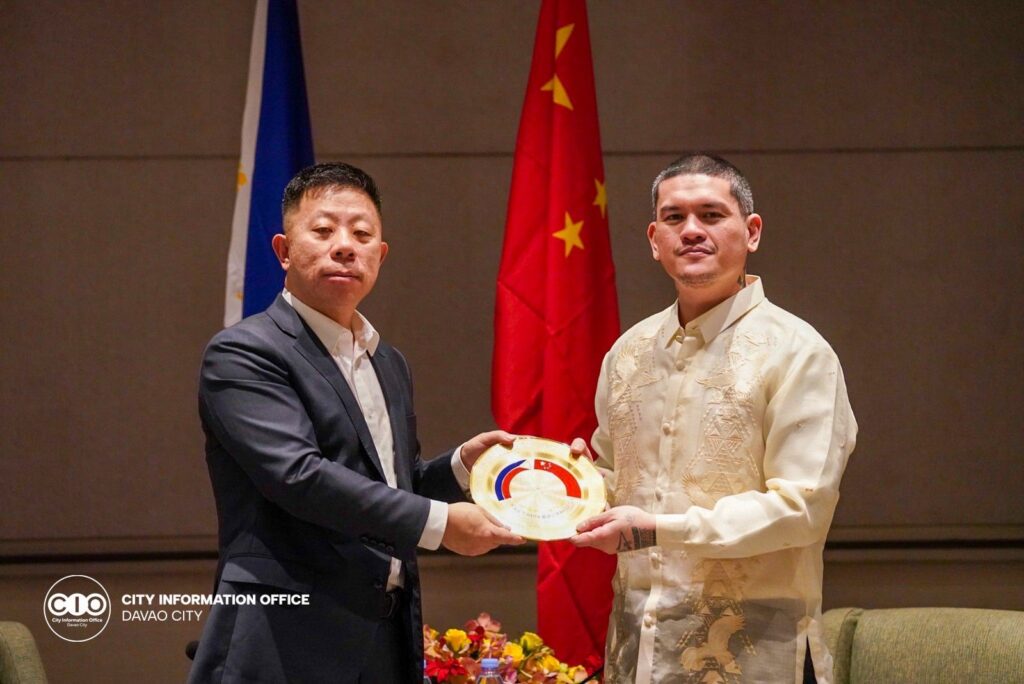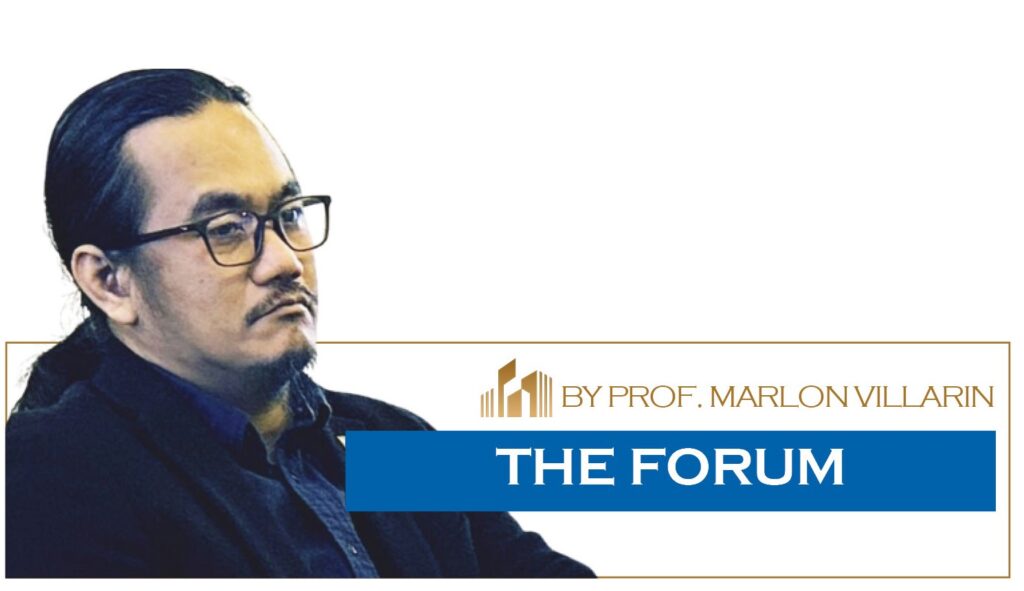The concept of poverty didn’t begin with biblical inception; rather, it was created by humans themselves. Many theologians agreed on this because God created humans equally, inasmuch as Jesus taught us that humans equally share their resources. In modern times, poverty refers to a lack of distribution of wealth accordingly. Percy Bysshe Shelley, who formulated the concept that the rich are getting richer while the poor are getting poorer, refers to the theoretical process involving capital accumulation and economic inequality. This concept was also cited by the prosperity theologians by tweaking the concept of the parable of talent according to the Gospel of Matthew (Matthew 25:14–30) and adopting the concept from utilitarian theory. However, this concept is against the will of God because God created humans to harness the resources of the earth equally.
The Presidential Adviser on Poverty Alleviation Larry Gadon made the statement that poverty is an (haka-haka) assumption only made by social theorists. Many netizens reacted negatively to such a statement. According to EMK Mathole of the University of Pretoria, poverty is an ever-present challenge. It may be experienced globally, locally, and even within the family. Therefore, in every administration, the poverty incidence may either decrease or increase. It differs from government programs to reduce poverty. In fact, Mr. Larry Gadon issued a statement last month that the poverty incidence rate dropped from 24.7 to 23.4 percent, a reduction of 1.3 percent.
Poverty is not a social issue; rather, it is a system issue. It is not a result of people being lazy or stupid. It is designed by the human system, in which systematic injustice prevails. It is not designed by God. Actually, God responded to the call of the Israelites while they were suffering from injustices at the hands of the Egyptians (Exodus 1:1–22). They were used as human slaves to build a great city. This system was still applied and employed by the current system. Neither capitalism nor communism address poverty because there is no perfect system that addresses it.
According to Peter Olutayo Adewunmiju, poverty is life-threatening. Making a non-sensical statement about poverty is inadmissible. When Presidential Adviser on Poverty Alleviation Larry Gadon issued a statement that poverty is “haka-haka,” it was inappropriate. He never taught how to address poverty in the Philippines; rather, he consumed the budget for his office without addressing the cause of the poverty. The government used the old approach of the dole-out system. Examples of those are the 20-peso election campaign promised to lower the price of rice, the release of Romualdez rice to the poor, the pandemic immediate approach of the Ayuda system, and the release of billions of pesos in every congressional district in calling for people’s initiative to amend the constitutions, among many other forms of doling out approaches to please the poor.
Based on the proof that we need to teach our poor to fish rather than give them fish, we feed them a lifetime. It is contemporary to stop the dole-out system to decrease poverty incidence. We need to address it on a long-term basis rather than on a short-term basis. Our government and political system are the cause of the increasing number of people living in poverty. Its approach is short-term, with no more continuity from the previous leadership to address the cause of poverty.
I recommend adopting the Kibbutz system to enlighten our poor people. This system is an intentional community system started by the Bilu movement when they emigrated to Palestine in 1910. In fact, this system is rooted in ancient Sparta for the purpose of communal living and educating their children; however, the kibbutz system is focused on agricultural farming. Kibbutzim is a system to address inequality among communities by sharing their resources and talents as one community. Aside from this, the Church has owned the concept of this by introducing the Church of the Poor. This program enables all churches in the country to take care of the poor. Unfortunately, the church admitted that they neglected the program to address its members who are living in poverty.
In this sense, the government should return to read the historical facts and learn a lesson from the facts to address poverty. The Church has enormous theological and working papers on how to address the issue morally and ethically. Meanwhile, social scientists had contributed lots of experience, elaborating on the best practices to address it. The dole-out system is short-term and capitalized on by politicians. Let’s address poverty in accordance with the will of the majority. We need to consult all stakeholders to do this and not solely rely on the politicians because those politicians’ interests are short-term and for their own benefits. And the poor are suffering, and more suffering is yet to come in the hands of those politicians.
To end this article, people living in poverty are not designed by God; rather, they are architecturally designed by humans, in which political leaders and kingmakers are the culprits. Teaching the poor people how to fish to feed themselves for a lifetime, as opposed to the approach of the current system. Inasmuch as involving the people living in poverty to enhance their resources as well as their resources to develop their own path for progress. (Prof. Ruel D. Garcia)
References:
1. Adewunmiju, Peter Olutayo (2010) Sunday School Material. Ibadan, Nigeria: The Gospel Faith Mission International, International Gospel Centre.
2. Mathole, EMK (2005). A Biblical and Theological Reflection on Poverty. Hatfield,South Africa: University of Pretoria/
3. Naicker, Seth (2000). Theology of Poverty. Minnesota, USA: Bethel University.
4. Pala, Kurt Zion V. (2013). A Theological Reflection on the Church of the Poor. Manila, Philippines.




